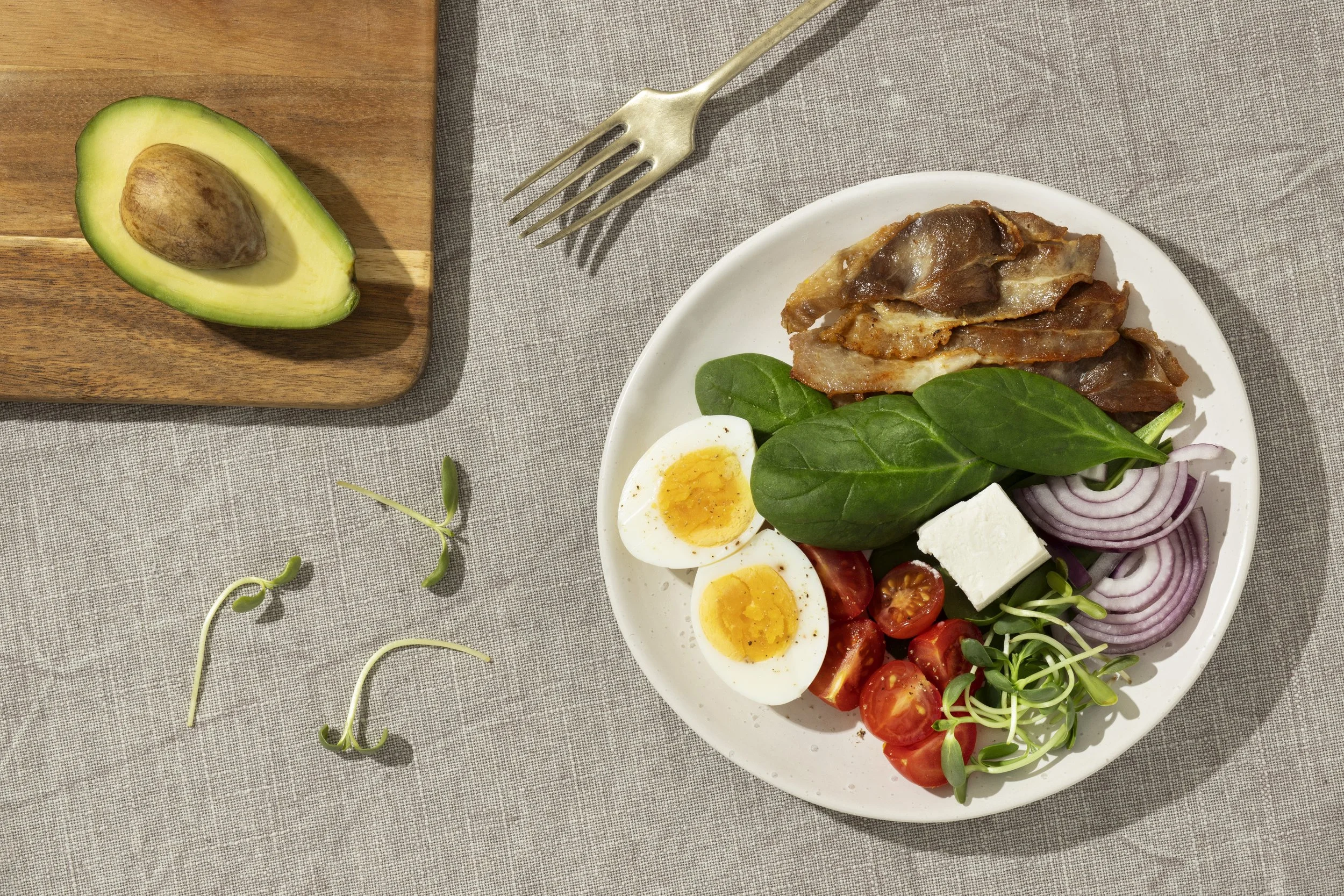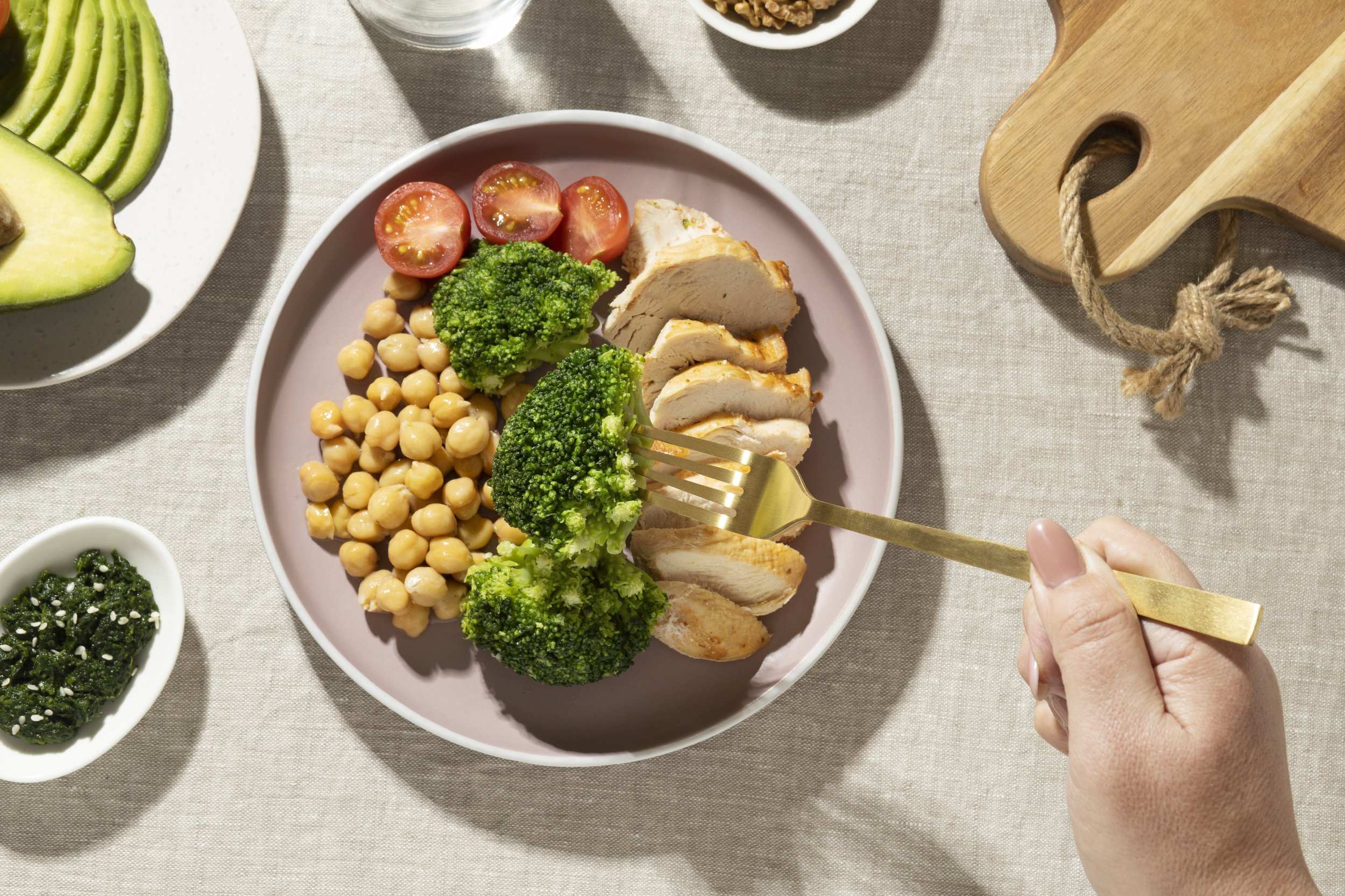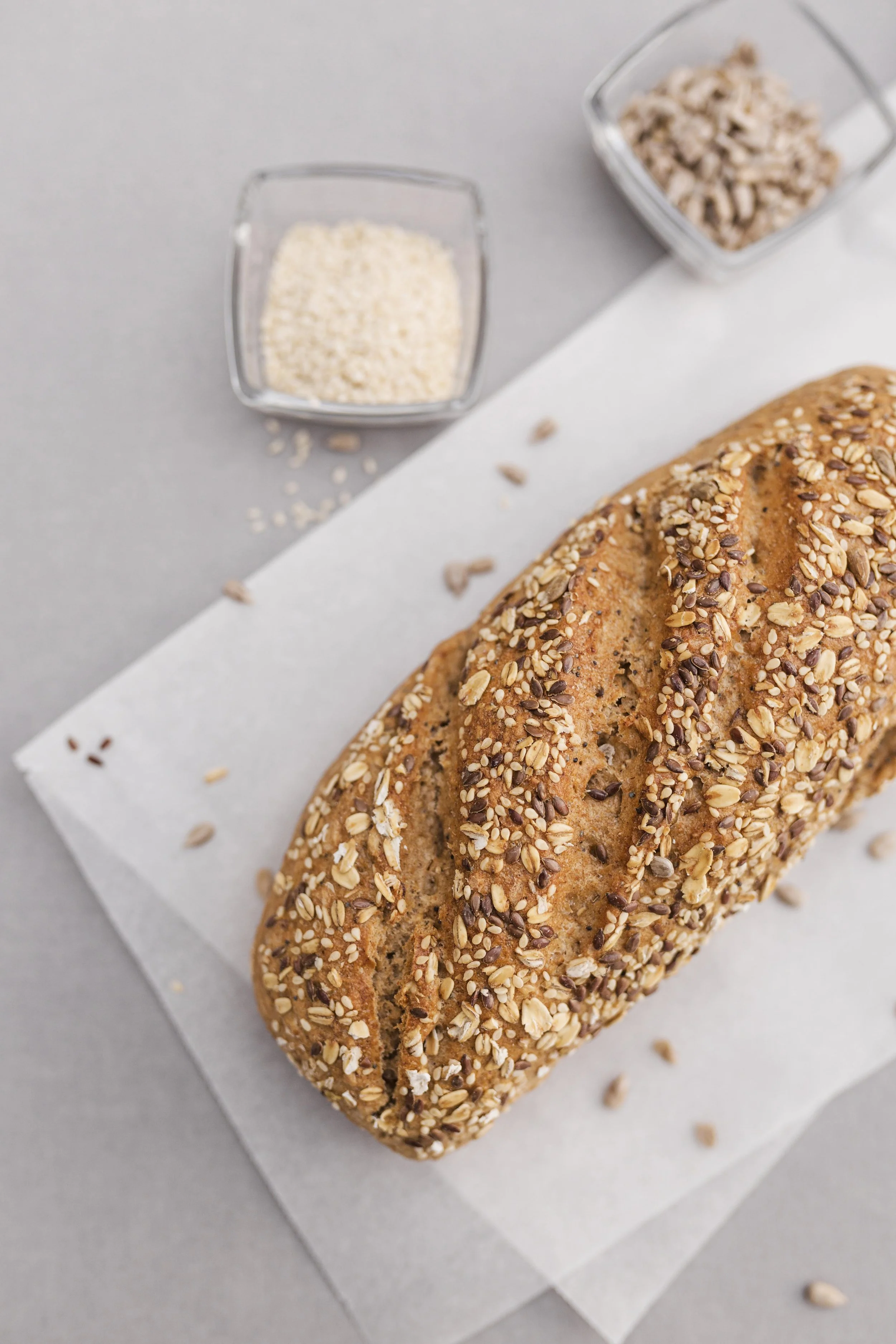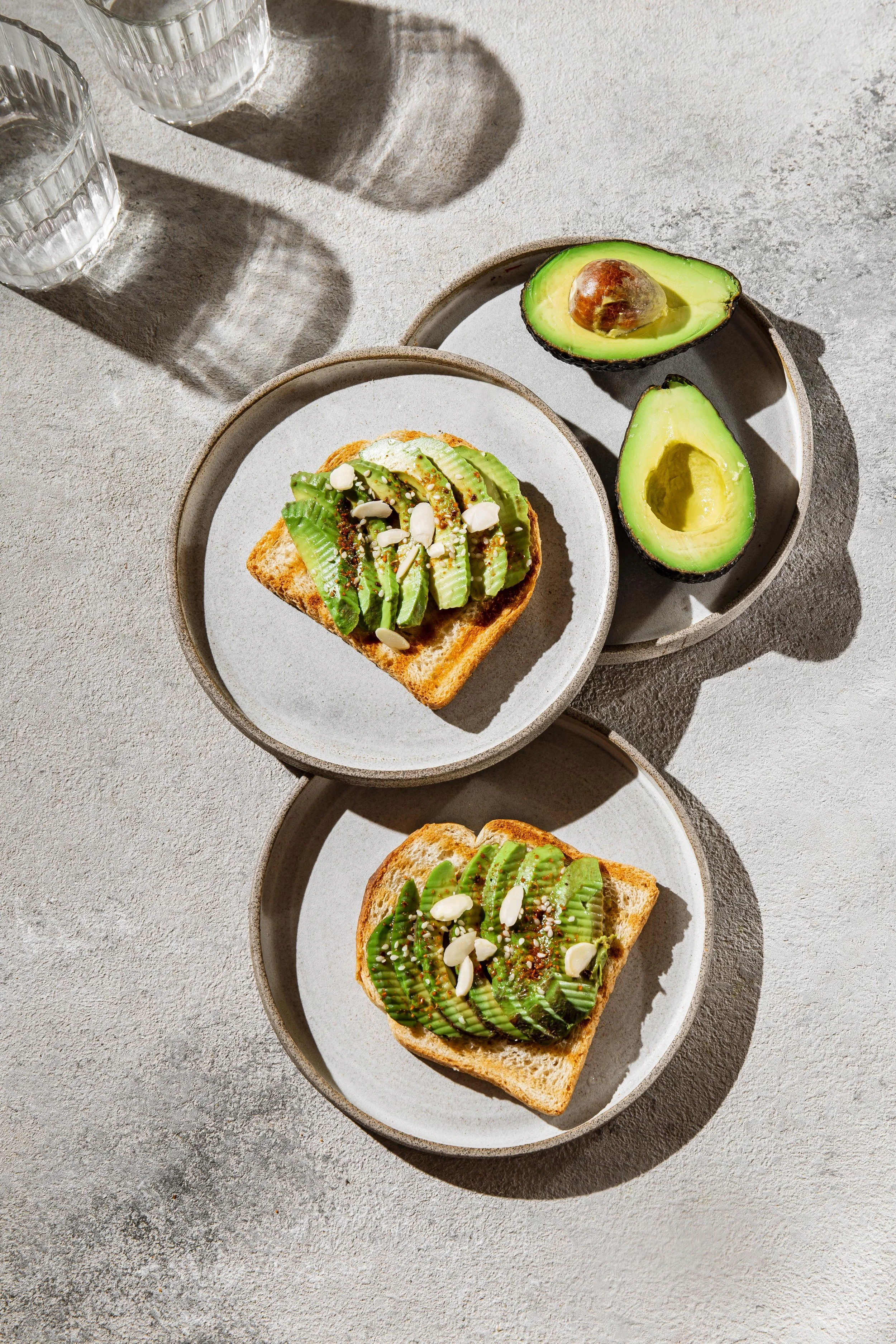Nutrition appointmentsTeenagers
Athletes and Non-AthletesPrior to the Appointment
On booking an appointment for your teen, you will receive an email with 2 forms.
Medical Health History
I take into consideration allergies, illness or food intolerances.
3 Day Food Diary
Either the parent / carer or the teen is to write down exactly what they eat for approximately 3 days, so I can see patterns of eating. This includes quantities, food groups and specific vitamin and mineral intake.
If your teen is training for a sport or event, I will also ask you to email me their current training program.
In the Appointment
You are welcome and encouraged to attend the appointment with your teen. I usually see each teen 2-3 times initially, approximately 6 weeks apart and then again on a 6 monthly or annual basis. In the latter, appointments some teens come on their own which works well.
At the start of the appointment, I will ask further questions about the pre-visit documentation and discuss your goals for the session. I will then scan the teen on the InBody 570.
Please note this is non-invasive and not x-ray.
You will immediately receive a 1-page InBody Report that details key health markers. Example Below:
Weight and height
Hydration levels
Muscle mass
Results Interpretation and Diet Plan
My main area of interest in the report is not weight, it is the ratio of muscle mass to fat mass. (Please note that most teens have not achieved full muscle mass).

Personalised Nutrition Strategy
On completion of the scan, I will use all the information including your goals, the pre-visit information and the scan to create a weekly eating plan with the teen.
Although energy expenditure is very difficult to determine, it will be adjusted for increase in training loads and other activity. In doing this I aim to teach the teen some basic recommendations around sports nutrition including the difference between a training diet and a competition day eating plan and the strategies of fueling prior to training and refueling after training.
Practitioner Only Supplements
In an ideal world we would source all our nutritional requirements from food. However, for several reasons this is not always possible.
In some cases, you will be recommended supplements for short term use to address any nutritional deficiencies or to assist with symptoms. You are under no obligation to purchase these.
Please note Edwina only recommends the highest quality brands that are sold via qualified Practitioners only. The ingredients are of the highest standard and the efficacy of these supplements has been thoroughly tested. Edwina does not recommend any supplement that she has not tried on herself or her family!
FOLLOW UP APPOINTMENTS
Edwina recommends a follow-up appointment every 6 months or every school term for teenagers. Because our goals and exercise regimes change over the year, it’s important to check in with follow up appointments where your weekly diet strategy will be adjusted according.
At your follow-up appointment you will have another Inbody Assessment which will be compared to your previous data. Edwina will also reconfirm or adjust your health goals, discuss any dietary changes and the effectiveness of current supplements.
NUTRITION 4 TEEN ATHLETES
My mission is to empower teenagers to understand and own their own nutrition.
It is a major task fueling a growing teenager, let alone a teenage athlete. The Australian dietary guidelines provide for those that participate in general sport (up to 1 hour per day) however for teens that participate in high level training or competition, so there are extra considerations.
The adolescent athlete is in a unique situation. They must meet the nutritional requirements associated with undertaking daily training and competition while ensuring they have a diet that caters to the added demands of their growth and development and academic requirements. Eating patterns should consider all the above.
The First step is to have the teen understand the concept of healthy eating in accordance with the Australian Dietary Guidelines.
The focus is on minimising unhealthy fat, salt and sugar and eating ‘real food’.
I try to go one step further than the standard recommendations and encourage a Mediterranean style diet. This diet prioritises fresh fruit and vegetables, legumes, whole grains, nuts, fish, olive oil and some dairy and meat. The Mediterranean diet is well researched and considered the healthiest way of eating in the world.
During the consultations I aim to have the teen understand the difference between the Macronutrients (Protein, Fat and Carbohydrates) and Micronutrition (vitamins and minerals), and the importance of fiber and a variety of food for gut health. I also want them to understand appropriate quantities of food, learning to minimise or increase this depending on levels of activity.
Macronutrient intake 4 Teen Athletes
Recommendations for protein carbohydrates and fats are like those for adults.
Protein
Protein requirements are between 1.3-2g per kg per day, and teen athletes should be encouraged to choose from a regular spread of high-quality protein sources over the day. This includes meat such as beef, lamb, pork, chicken and fish and plant-based proteins such as legumes, nuts and seeds and oats or porridge and quinoa. Protein powders are not necessary and can contain harmful substances.
Carbohydrates
Carbohydrate intake for teen athletes should be adjusted depending on the duration and intensity of daily training schedules. Carbohydrate intake should be varied and not just be limited to energy dense carbohydrates such as bread, rice, pasta and potatoes. It is important teen athletes also strive to reach the recommended 2 serves of fruit and 5 serves of vegetables each day, both are also carbohydrates. Unless the athlete is including salad and vegetables with lunch, for example in a roll with chicken or as snacks such as hummus and vegetable sticks, it will almost be impossible to reach this target just at dinner.
Carbohydrates are essentially for pre-training and competition fueling. Pre-Fueling options include a piece of fruit such as a banana or ½-1 slice of toast with peanut butter.
fat
Fat intake should be in accordance with the health guidelines. That is fat should contribute 20-35% of total energy intake, with no more than 10% of total energy coming from saturated and trans fats (e.g. fat in meats, dairy, fried foods and processed products such as biscuits).
In the case that a teen athlete is struggling to meet energy requirements, the unsaturated fat content of their diet would be Increased with foods such as olive oil, nuts avocado, and salmon. This will increase the energy density of their diet.
A combination of both protein and carbohydrate are important for recovery. Great recovery options include milk-based drinks such as Coach House Milk or Rokeby Farms breakfast smoothies, yoghurt with fruit, or a meat and salad roll. In some cases, high quality portable options such as a Cliff Bar are a good idea.
Specific Nutrients 4 Teen Athletes
Iron, Calcium and Vitamin D are all key for teen athletes.
iron
Adolescent athletes should ensure dietary iron intake is consistent with the RDI:
Boys: 8mg/d (9-13 years), and 11mg/d (14-18 years)
Girls: 8mg/d (9-13 years), and 15mg/d (14-18 years) (higher increase due to menstrual losses)
Good sources of iron include red meat, eggs and dried apricots. Eating vitamin C rich foods such as kiwi, strawberry, capsicum or ½ glass of orange juice at the same meal will enhance the uptake of iron.
Calcium
RDI (adolescents) = 1300mg per day (boys & girls)
Note this is higher than adults RDI (adults) = 1000mg per day
3-4 serves or calcium rich foods including milk, cheese, yogurt and calcium fortified foods is important for bone health.
Suboptimal calcium intake in teen years can increase the risk of bone fracture and lead to bone conditions in adulthood such as osteopenia, osteoporosis. These largely irreversible.
vitamin d
Most vitamin D is obtained through exposure to sunlight rather than through dietary sources. Teen athletes that train predominantly inside should have their Vit D levels tested annually and supplement if necessary. Again, Vitamin D is essential for bone health.
Hydration 4 Teen Athletes
Teen Athletes should aim for a minimum of 1.5 liters per day, possibly more depending on sweat rate and conditions.
Athletes should be well-hydrated prior to starting training, particularly in hot environments, and should be encouraged to continue to drink during and after training.
The best fluid options are water and milk for recovery. On occasion, especially in very hot conditions or heavy sweating environments, a sports drink may be necessary.
Energy drinks should never be consumed by teen athletes.














